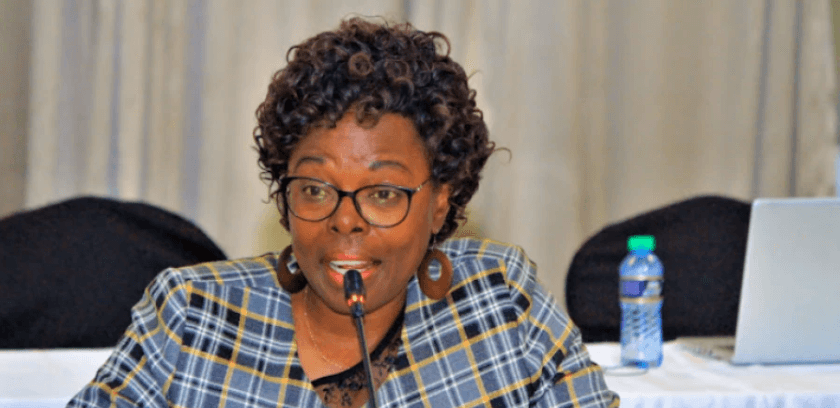The beginning of menstruation is almost the start of struggles for many adolescent girls.
Menstrual equity needs are a critical concern globally and particularly in Kenya where it has a huge impact on education, dignity, health and economic safety for girls and women.
Menstruation is surrounded by stigma and worse for women who experience period poverty.
Due to period poverty, many girls skip school because of fear, shame and self-esteem regarding their periods and this impact their performance in education and career growth.
Some women and girls still rely on old clothes, pieces of blankets, chicken feathers, mud and newspapers.
All these alternative materials are prone to wetting, contributing to shame.
Additionally, women and girls may find themselves using menstrual products longer than expected which is likely to cause health complications.
Further, in some parts of Kenya women and girls engage in transactional sex for sanitary pads.
Menstrual hygiene management involves having the ability to access essential menstrual products, access waste disposal facilities and address societal norms and taboos encompassing menstruation.
Lack of menstrual products and sanitation facilities worsen existing vulnerabilities, and women and girls may opt for desperate coping mechanisms.
Despite access to information being a human right, taboos to talk about menstrual hinder women from accessing information about the normal functions of their own body, how to manage their menstruation, and seeking care when they experience menstruation-related issues.
In many cultures, it's treated as something shameful, and dirty.
The continued silence makes girls have little knowledge about what's happening to their bodies.
Lack of sexual reproductive health information also makes them feel ashamed about the changes in their bodies.
The price of the menstrual products has hiked making it difficult for most girls o access them. Menstruation is a normal biological process and it's a key sign of reproductive health
Menstruation is not only a woman's problem but a societal burden.
We all must unite to end period poverty and stigma.
There's no shame in periods. There is a need to sensitise policymakers about the problem of girls missing school due to period poverty.
They must continue to have access to the facilities, products and information they need to protect their dignity, health and well-being.
More involvement of men in menstrual hygiene management will lower stigma and discrimination.
Myths and misconceptions around menstruation should be clarified and appropriate information given to women and girls.
There is a dire need to advocate for the removal of taxes on menstrual products to improve access for every girl.
Youth advocates at Naya Kenya
















